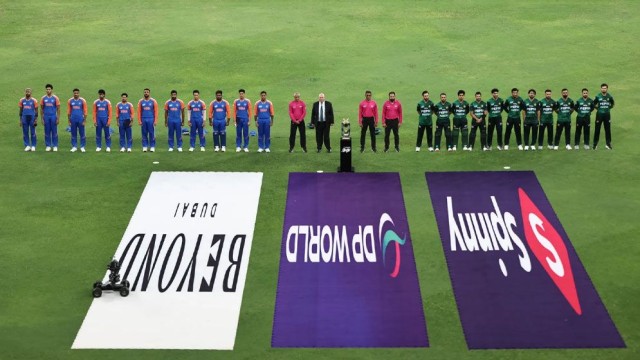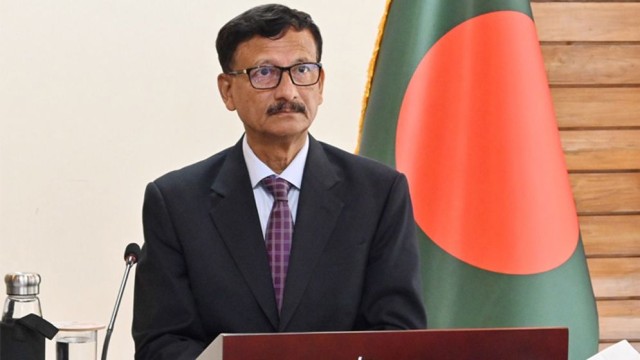PARIS, Jan 20, (V7N) – A year of immense strain on the global football calendar is underway, highlighted by the Champions League's new expanded format, which now features two January matchdays for the first time. This unprecedented setup sees some of Europe’s biggest clubs, including Paris Saint-Germain (PSG) and Manchester City, facing the looming threat of elimination.
The upcoming clash between PSG and City is the headline fixture of the week, with both clubs—powerhouses of modern football due to significant Qatari and Abu Dhabi investment—struggling to secure their spots in the knockout phase.
PSG and City on the Brink
Manchester City: The 2023 Champions League winners are currently 22nd in the 36-team league after a dismal run of just one point from their last three games.
Paris Saint-Germain: Semi-finalists last year, PSG are even worse off, sitting in 25th place. A loss to City would leave them perilously close to an early exit. They face Stuttgart in their final game on January 29, a match that could decide their fate.
For PSG, the stakes are particularly high. Nasser al-Khelaifi, the club’s president and a key proponent of the tournament’s expansion, faces potential embarrassment if his team fails to advance.
Challenges of the Expanded Format
The expanded Champions League format introduced this season features a 36-team league, with each club playing eight matches against varied opponents. The top 24 progress to the knockout rounds, with only the top eight bypassing February's play-off stage.
PSG’s campaign has been derailed by a difficult schedule, including losses to Arsenal, Atletico Madrid, and Bayern Munich. Similarly, City’s underwhelming performances have placed them in a precarious position.
Other Contenders
Real Madrid: The defending champions are in 20th place with nine points but have favorable fixtures against Salzburg and Brest. They are likely to face a play-off round unless they can climb into the top eight.
Liverpool and Barcelona: These two clubs have already secured knockout-stage berths, positioning themselves advantageously by avoiding the February play-offs and the mid-year FIFA Club World Cup.
Impact of Fixture Congestion
The expanded Champions League and FIFA’s inaugural 32-team Club World Cup in June-July create a daunting schedule for top European teams. Clubs like Bayern Munich, Inter Milan, and Juventus will face significant challenges juggling domestic and international commitments.
Conversely, Liverpool and Barcelona—both absent from the Club World Cup—may benefit from extended rest periods, potentially giving them an edge next season.
Opportunities for Outsiders
The new format has allowed smaller clubs to shine:
Brest: The French club is on the cusp of progression in their debut campaign.
Celtic: Brendan Rodgers’ side, in qualifying position, can secure a knockout-stage spot with a win over bottom-placed Young Boys. If successful, it would mark Celtic’s first knockouts appearance since 2013.
Despite these surprises, 14 of the top 16 teams hail from Europe’s “Big Five” leagues, underscoring the dominance of traditional powerhouses.
As the Champions League continues its groundbreaking season, the pressures of the expanded calendar and the looming FIFA Club World Cup promise a transformative year for global football.
END/SD/RH/































Comment: